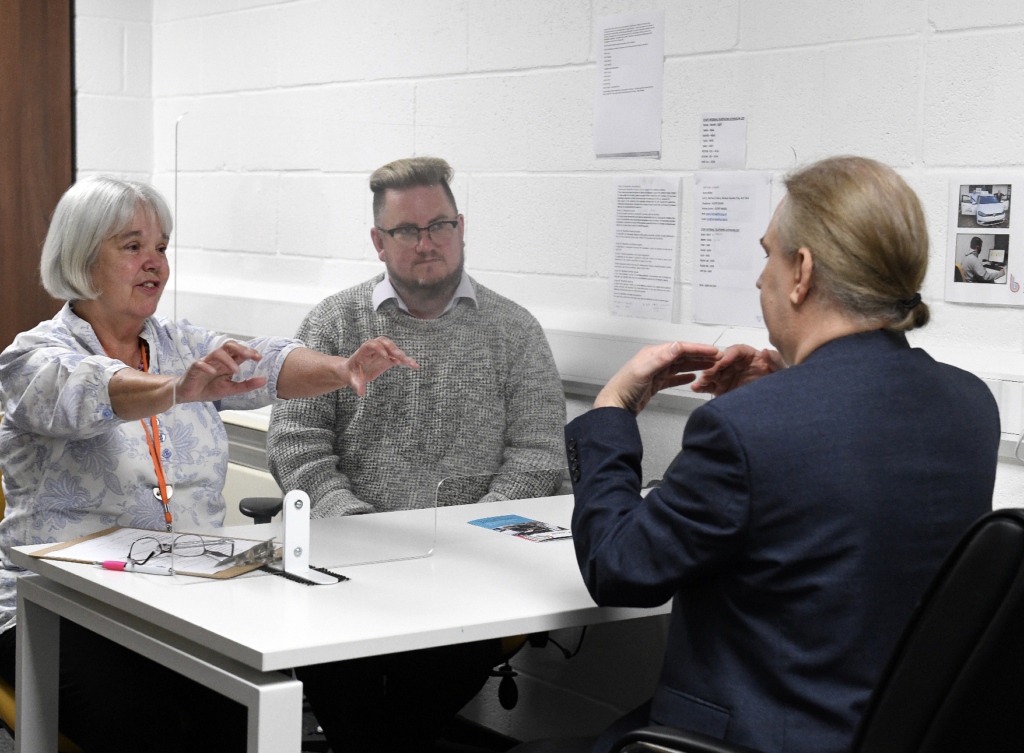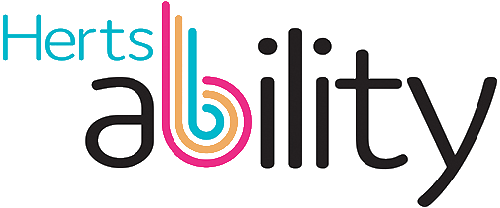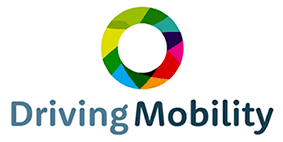Multiple Sclerosis Awareness Week 2023 will run from 24th-30th April. It’s a chance for us to all raise awareness of multiple sclerosis and say #LetsTalkMS!
What is Multiple Sclerosis? ![]()
It’s a disease of the central nervous system that disrupts the flow of information within the brain, and between the brain and body.
Did you know? ![]()
More than 130,000 people in the UK have MS.
In the UK people are most likely to find out they have MS in their thirties, forties and fifties.
But the first signs of MS often start years earlier.
Many people notice their first symptoms years before they get their diagnosis.
Living with MS or receiving a diagnosis of MS can cause many concerns about how to continue living and enjoying life as you always have and always deserve too.
There are so many questions for people who live with MS.
As MS can affect people physically and cognitively one of the concerns some have is their ability to drive and continue driving safely.
At Herts Ability, we are proud to support people living with MS and have done for many years.
Our Driving Assessment teams will always give a warm welcome to you at our centres.
We’ll listen to your concerns, worries and fears regarding driving and daily independence.
The Assessment will be led by an Occupational Therapist and a DVSA Approved Driving Instructor.
The team will check your eyesight first.
Following this, a brief chat in the office will give the team an indication of what support you might need. We’ll then see what we can do about driving!
Using a large fleet of modern, dual controlled, specially adapted cars, we will look for the correct method of car control for now and try to future proof your driving, as much as we can.
Of course, learning a new method of car control could take some time and practice.
This is where the Herts Ability Driving School can help!
Following the recommendations of your assessment, our Specialist Approved Driving Instructors will support you in becoming familiar with the new controls and give you ample time to become proficient.
Finally, we’ll help you communicate with the DVLA by supplying a full written report!
Also, if you’ve been diagnosed with MS, you’re the same person the day after diagnosis as you were the day before.
Remember, your skills and experience are still available to you!
We know it’s hard to talk about MS, so here’s Wendy (picture below) – an MS Society volunteer and aspiring counsellor from Belfast – with some top tips on how to tell people about MS:![]() There’s no right or wrong time to tell people: Do what’s right for you and when you’re ready, as accepting that you have MS can be difficult to process
There’s no right or wrong time to tell people: Do what’s right for you and when you’re ready, as accepting that you have MS can be difficult to process![]() Be prepared: Talking about your MS can make you feel anxious and nervous especially if it’s your first time explaining it. It can help to be prepared, think about who you’re telling, and decide what information you’d like to share
Be prepared: Talking about your MS can make you feel anxious and nervous especially if it’s your first time explaining it. It can help to be prepared, think about who you’re telling, and decide what information you’d like to share![]() It’s up to you how much you share: You should never feel pressured to tell people that you have MS and only share with people who you feel safe in doing so
It’s up to you how much you share: You should never feel pressured to tell people that you have MS and only share with people who you feel safe in doing so![]() People’s reactions can vary: Most people will be incredibly supportive, and some might need time to process the information
People’s reactions can vary: Most people will be incredibly supportive, and some might need time to process the information![]() Writing it down can help: Writing about your MS can help if you’re struggling to tell someone. You can explain to the person how MS affects you. Writing can also help process your own thoughts and feelings
Writing it down can help: Writing about your MS can help if you’re struggling to tell someone. You can explain to the person how MS affects you. Writing can also help process your own thoughts and feelings![]() You have rights at work: You do not have to inform your employer unless you work in the armed forces, your MS may affect health and safety in the workplace, or sometimes when you drive for your job
You have rights at work: You do not have to inform your employer unless you work in the armed forces, your MS may affect health and safety in the workplace, or sometimes when you drive for your job![]() You’re not alone: there’s lots of information and support
You’re not alone: there’s lots of information and support
Click here for more essential resources and to help raise awareness!






